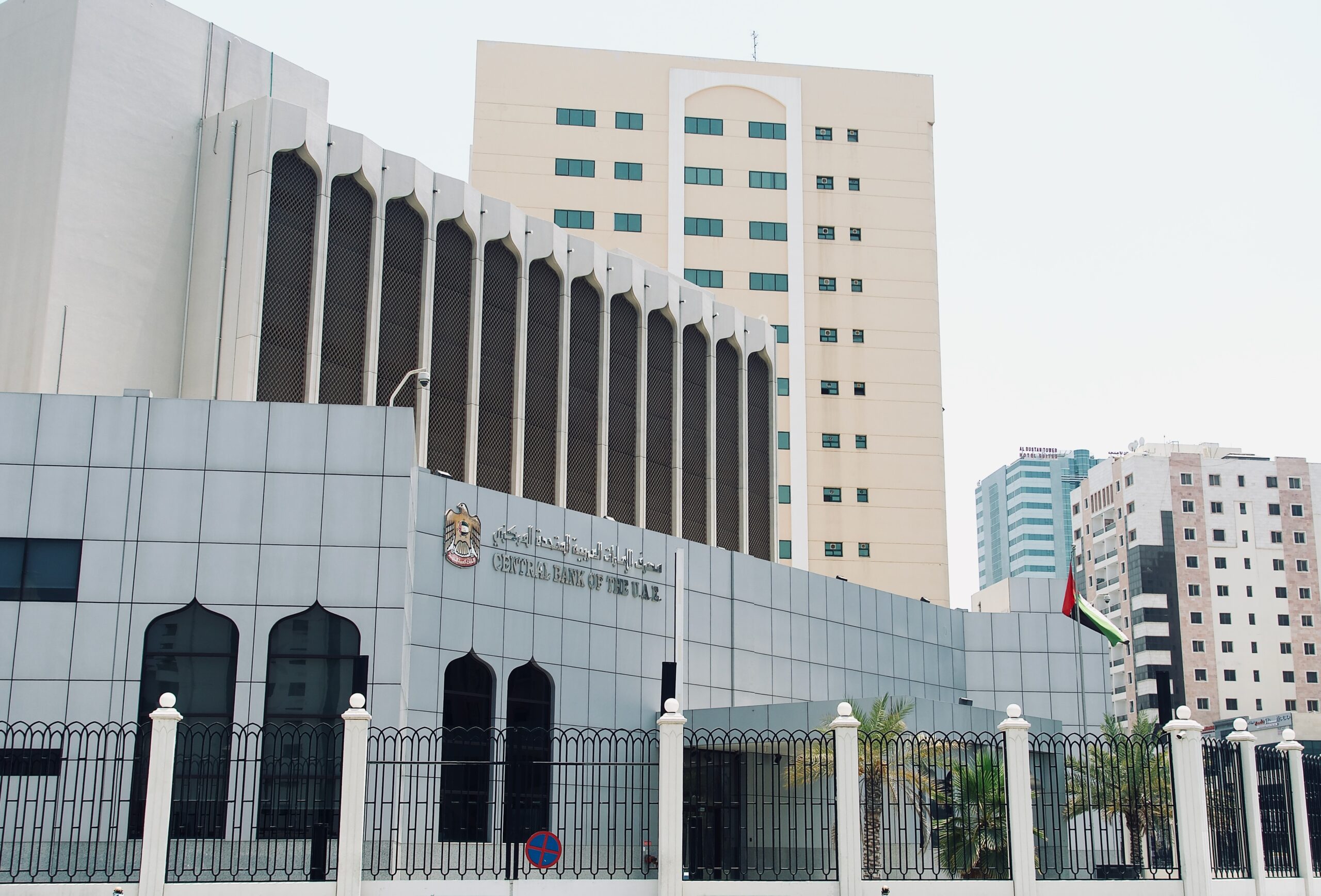Ziina announces that it has secured the Stored Value Facility (SVF) license from the UAE Central Bank. This marks a significant milestone for Ziina, enabling it to rapidly expand its range of specialised financial services and reinforcing its position as one of the only privately-owned fintech in the UAE with such authorisation. This major achievement aligns with the UAE Central Bank’s strategy to drive innovation, enhance financial inclusion, and support economic growth, emphasising the country’s commitment to becoming a global leader in the digital economy.
Empowering Financial Services for a Digital Economy

Ziina’s SVF license will enable it to provide comprehensive financial services, including business and consumer accounts, peer-to-peer payments, bill pay, external payment link issuance, QR codes for remote point-of-sale transactions, and prepaid card services. The company will also serve as a principal member of networks such as Visa and Mastercard, offering Banking Identification Number (BIN) sponsorships. These services are designed to support over 557,000 businesses, improving operational efficiency and promoting growth.
With SMEs representing 94 percent of all companies in the UAE and contributing 63.5 percent to the non-oil gross domestic product (GDP), their role in the economy is vital. Despite their importance, SMEs frequently experience cash flow challenges, primarily due to delayed client payments. Ziina’s expanded services are designed to address these challenges, equipping businesses with the tools necessary to improve operational efficiency and promote growth.
Driving Financial Inclusion and Cashless Transactions
The UAE is quickly moving towards a cashless society with SMEs crucial in this transition, as 60% of consumers plan to go cashless by 2024. The digital payments market in the MENA region is projected to reach $9 billion by 2028 according to GlobalData, a 124% increase from 2021, driven by convenience and accessibility. Current trends in the UAE show a strong preference for credit cards and digital wallets, especially for online transactions, and the popularity of payment options like Buy Now Pay Later is rising, aligning with the expanding e-commerce sector.
Faisal Toukan, CEO and Co-Founder of Ziina, emphasised the importance of the license: “Securing this license is a monumental step for us, reinforcing our commitment to the highest standards of compliance and security. The UAE’s Central Bank has outlined a bold vision for financial technology, and we are thrilled to work closely with their team to support this vision. This regulatory approval allows us to expand our services further, strengthening our role as a dedicated financial partner for SMEs—the true backbone of the UAE’s economy—by offering them a fast and secure way to send, receive, and grow their money.”
Supporting the UAE’s Digital Economy Vision
As part of the UAE’s ambitious Digital Economy Strategy, the country aims to double the digital economy’s contribution to its GDP from 9.7% in 2022 to 19.4% within the next decade. This strategy demonstrates the UAE’s commitment to becoming a global hub for digital innovation and economic growth. Ziina’s growth is fueled by the UAE’s robust infrastructure, extensive connectivity, and dynamic entrepreneurial environment. The Central Bank’s nine-pronged Financial Infrastructure Transformation (FIT) Programme, which includes initiatives like a domestic card scheme and an instant payments platform, aims to support financial inclusion and enable a cashless society through digital payments.
Ziina’s suite of financial services is designed to support businesses at every stage, fostering an ecosystem conducive to long-term success and growth. The Ministry of Economy projects that the number of SMEs will increase to over 1 million by 2030, further highlighting the importance of dependable financial services.
Alongside securing the license, Ziina is also reportedly in the process of raising a substantial financing round from institutional investors. This funding is intended to support Ziina’s growth strategy throughout the Middle East, further strengthening its ability to offer essential financial services to the region’s economic landscape.










Discussion about this post